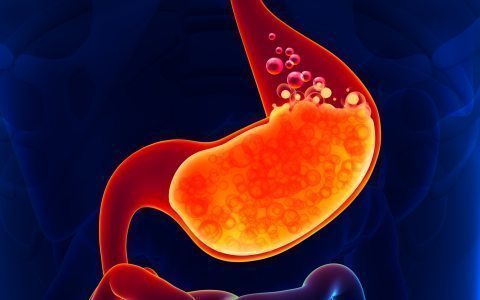As Indians, we know what acidity is, it’s part and parcel of our daily lives, and most people treat it as fairly innocuous, and nobody really goes looking for treatment for acidity in Delhi, or any other city for that matter. Acid reflux occurs when the contents inside the stomach move up into the oesophagus, this is also called acid regurgitation or gastroesophageal reflux. In case you experience acid reflux more than twice a week, you might be living with a condition known as gastroeshophagal reflux disease (GERD).
According data from the best gastroenterologists in Delhi, GERD affects about 30 percent of all adult people in the the capital itself. If left untreated, GERD can cause serious complications.
If you’re looking for treatment for GERD in Dwarka or treatment for acidity in Dwarka, you can call and visit us, where some of Delhi’s best gastroenterologists will help you out with the least amount of intervention. Read on to learn more about GERD.
GERD symptoms
Acid reflux can cause an uncomfortable burning feeling in your chest, which can radiate up toward your neck. This feeling is often known as heartburn..
If you have acid reflux, you might develop a sour and bitter taste at the back of your mouth. It might also cause you to regurgitate food or liquid from your stomach into your mouth.
In some cases, GERD can cause problems while swallowing. It can sometimes lead to breathing problems, like a persistent cough or asthma.
Causes
The lower oesophageal sphincter (LES) is a circular band of muscle at the end of your oesophagus. When it’s working properly, it relaxes and opens when you swallow. Then it tightens and closes again afterwards.
Acid reflux happens when your LES doesn’t tighten or close properly. This allows digestive juices and other contents from your stomach to rise up into your oesophagus.
GERD treatment options
To prevent and relieve symptoms of GERD, your doctor might encourage you to make changes to your eating habits or other behaviors.
They might also suggest taking over-the-counter medications, like:
- antacids
- H2 Receptor Blockers
- Proton Pump Inhibitors
In some cases, you could be prescribed stronger H2 receptor blockers or PPIs. If GERD is severe and not responding to other treatments, surgery might be recommended because some of the available over-the-counter and prescription medications can cause side effects.
Risk factors for GERD
Obesity and pregnancy have been known to increase the chances of developing GERD, along with conditions like hiatal hernia or connective tissue disorders. Some lifestyle choices can also raise your risk of GERD, they are:
- smoking
- eating large meals
- lying down or going to sleep shortly after eating
- eating certain types of foods, such as deep fried or spicy foods
- drinking certain types of beverages, such as soda, coffee, or alcohol
- using aspirin or ibuprofen
Taking steps to live a better life and managing the symptoms above can help you prevent GERD altogether.






